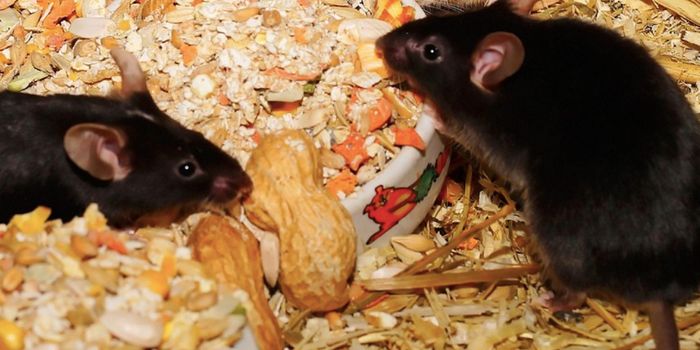This Snake's Eyes Can Mimic the Pupils of a Viper to Look Scarier
While on a field trip in Thailand with his colleagues, researcher Colin Strine of Sakaerat Environmental Research Station in Nakhon Ratchasima, Thailand, was met with one of Nature’s fake-out moments.
Many people revere the venomous viper snake, and it’s often discerned by its slit-shaped pupils, which look as aggressive as the snake is known to act.
But on his trip, Strine came across a snake known as a mock viper (Psammodynastes pulverulentus), which isn’t actually harmful, but can apparently transform the look of its pupils to mock the slit-shaped variant of a true viper.

Image Credit: C. Barnes
The behavior, which is described in Frontiers in Ecology and the Environment, is theorized to be a self-defense mechanism developed over time by the species in order to ward off predators when it gets attacked.
It worked, at least, for Strine, who legitimately believed he was holding a viper at the time. He quickly released the snake to get away from it, and it fled the scene faster than a thief leaving a bank robbery.
The changing of pupil shape is a type of snake behavior that has never been observed before, until now. Interestingly, the mock viper already looks an awful lot like its venomous counterpart with its triangular head and body patterns, so its ability to change pupil shape is somewhat worrisome.
How will anyone actually know what kind of snake they’re stumbling upon if they have this kind of ability to scare with deceit?
To learn more, Strine’s team spent a few years collecting more snakes from the region. Now, more time will be spent trying to learn about what triggers the behavior to find out why it happens.
“We are not even sure if it is a defensive strategy or just something that happens when the viper is gripped,” he says. “I would love to look at this behaviour in a controlled lab setting because it may be that the behaviour has limitations based on aggressor species, stimuli and other environmental factors.”
It's worth noting that many snakes use mimicry to evade predators. Although the eye thing is certainly a newly-observed kind of behavior, some snakes have been known to dance like a cobra to intimiate their predators or in high-risk situations to ward off their attackers.
Source: New Scientist








